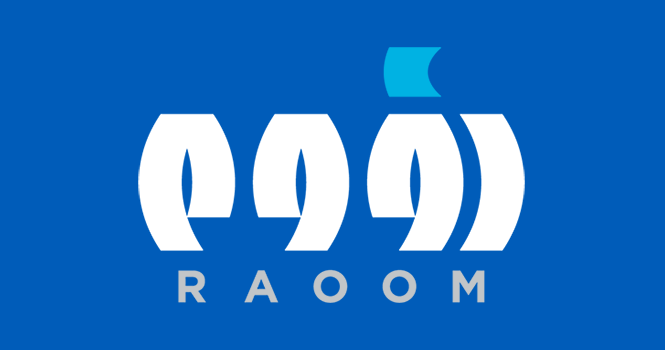Publisher: Maaal International Media Company
License: 465734
Saudi Arabia is expected to have the second lowest inflation rate among the G20 at 1.6% this year
اقرأ المزيد
A survey by (Maaal) revealed that the annual inflation rate in Saudi Arabia is likely to decline to 1.6% by the end of this year, in light of the noticeable decline during the first 8 months of this year, against the backdrop of the proactive policies and measures taken by the Saudi government to limit the impact of imported inflation, so that the Kingdom comes in second among the G20 countries with the lowest inflation in prices after China, so that the slowdown in the inflation rate in Saudi Arabia represents a new certificate of success for the economic policies in the Kingdom. According to data from the General Authority for Statistics, the inflation rate in Saudi Arabia stabilized at 1.6% last August after stabilizing between 1.5% and 1.6% in recent months, while data from the Saudi Central Bank showed that the inflation rate in the Kingdom during the first quarter of this year was 2.7% and decreased in the second quarter to 1.6%, and thus 1.6% is the most likely figure for the expected inflation rate by the end of this year 2024.
According to the monitoring, the actual inflation rate in Saudi Arabia will be lower than the rate expected by the International Monetary Fund in its latest report issued last July, which expected the inflation rate in Saudi Arabia during the year 2024 to reach about 2.3%.
The decrease in the inflation rate in Saudi Arabia reflects the continued ability of the Saudi economy to absorb regional and global crises, most notably the Bab al-Mandab Strait crisis and its impact on shipping prices to the region, in addition to the continuation of the Russian-Ukrainian crisis and its impact on global food prices, and thus the proactive government policies and measures represented a new certificate of success for the Kingdom.
The state has been able to successfully address the repercussions of successive global and regional crises, starting with the Corona pandemic, the Russian-Ukrainian crisis, the Bab al-Mandab Strait crisis, and the war in Gaza, as the royal orders to fix the ceiling on energy prices have clearly contributed to stabilizing inflation rates in the Kingdom, in addition to decisions to support basic food commodities, most notably wheat, at a time when global inflation rates are witnessing a steady rise. Compared to many countries, inflation rates in the Kingdom are the second lowest among the G20 countries after China, where the inflation rate is expected to reach 1% according to the International Monetary Fund, while the inflation rate in the Kingdom is less than the expected general average for the countries of the Middle East and North Africa region at 15.4%, and less than the global average expected to decline this year to 5.9%. The rise in food and energy prices is the most influential on inflation rates globally in light of the repercussions of the current crisis in the Bab al-Mandab region and the ongoing Russian-Ukrainian crisis. However, the Kingdom, through a number of proactive decisions, was able to significantly confront the waves of inflation, the most prominent of which was stabilizing energy prices and allocating a financial package exceeding 10 billion riyals to support the import of basic food commodities, most notably wheat, whose needs the Kingdom has fully secured and whose supplies have not witnessed any shortage despite the suffering of many countries in the world that import it.








